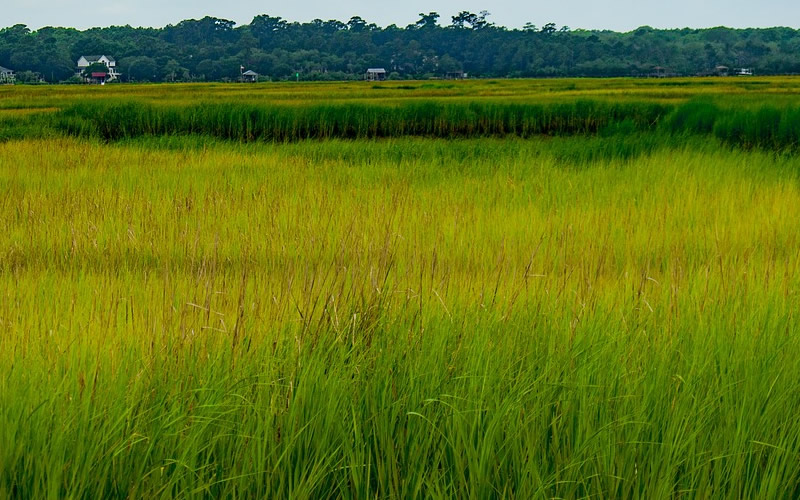By Andy Brack, editor and publisher | The beauty and majesty of South Carolina’s natural assets from the mountains to the sea are a part of what makes the state great. But unless people, including state legislators, take ongoing steps to keep what makes South Carolina special, then we risk losing what we’ve got.
 To ensure the state’s natural attractions remain viable, you should get involved at local and state levels to conserve and preserve what’s makes South Carolina great.
To ensure the state’s natural attractions remain viable, you should get involved at local and state levels to conserve and preserve what’s makes South Carolina great.
Locally, you can pay attention to what’s happening in city and county council proceedings to check development and to make sure local governments abide by smart growth strategies. You can write letters to the editor, attend meetings, run for office when you see a wrong or just speak up when talking with friends and neighbors.
At the state level, it’s important to let state legislators know what you really think. If you’re silent, forces of unfettered development and greed may steamroll over things that you take for granted today.
Consider what you may lose if you don’t get involved to protect natural resources:
- Maintaining forests across the state helps to provide clean water because swaths of trees filter water that seeps into aquifers and streams. Meanwhile, paving over forests washes pollution into oceans. Isn’t it smarter to preserve more forests than the alternative? From a state level, this suggests continued funding of the state Conservation Bank, higher density development and more zoning to concentrate growth in a smart way.
- Preserving clean streams and waters promotes rich aquatic life. A healthy freshwater and saltwater marine environment also yields tourism dollars for people visiting to recreate in the Palmetto State. Healthy waters also inject vitality into our seafood industry that feeds South Carolinians.
- Investing in renewable energy platforms such as wind and solar helps to keep utilities from having to build costly power plants. Investing in energy that’s essentially free for the taking makes sense, particularly when costs are dropping like lead balloons.
- Striving to keep state waters free from offshore exploration and drilling for natural gas and oil. This will keep South Carolina from having a Deepwater Horizon-like tragedy that spews pollution throughout the salt marsh ecosystem that’s vital to produce shrimp, crabs, fish and other animals.
“There’s an underlying theme here – that in protecting the resources, you are getting good things from them,” said Eddy Moore, a lawyer with the S.C. Coastal Conservation League in Charleston.
Two bipartisan House bills, if approved, could have a major impact to refocus South Carolina’s energy efforts to promote more use of renewable energy. The first, H. 4421, is dubbed the “South Carolina Electric Consumer Bill of Rights Act” because it would promote home- or business-based solar power by allowing a more diverse corporate playing field. Instead of solar being somewhat limited to a utility in a service region that may voluntarily make solar deals with consumers, the proposal would open competition in a field where price is going down every day.
Another bill, H. 4425, calls for revamping the State Energy Office and essentially would require utilities to promote energy efficiency, which could greatly reduce the amount of power used in the state. On a small scale, think about how much power is saved when two dozen 65-watt light bulbs in a house are replaced by LED bulbs that brighter, but use 10 watts of power per bulb. If such efficiencies are magnified across the state – particularly with LED bulbs and renewable energy becoming much less expensive – South Carolina may not need to build more expensive power plants.
“It’s not the environmental issues that are leaving nuclear [power] behind,” Moore observed. “It’s the cost.
“Nobody knows that better than South Carolina,” he said, referring to the $9 billion failure this year of building two reactors in Fairfield County. “If you would take that same money and put it behind renewables and energy efficiency, you’d get more power.”
Regardless of whether you are an environmentalist, a conservationist or a preservationist, there’s a shared goal: Keep South Carolina’s special places so we can maintain our quality of life. Getting engaged at the Statehouse is vital to send that message and these priorities to legislators.
- Have a comment? Send to: editor@charlestoncurrents.com




 We Can Do Better, South Carolina!
We Can Do Better, South Carolina!
























